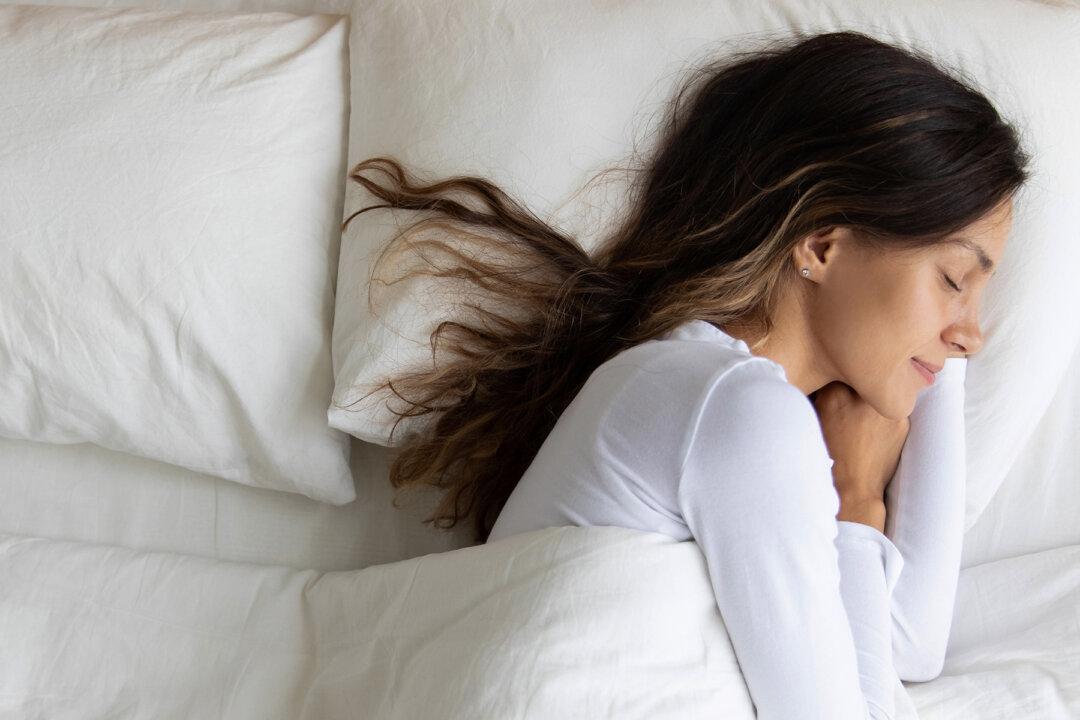A good night’s rest is a pillar of health - read Dr. Mercola’s comprehensive guide to sleep better and fight the sleep problem called insomnia.
Sleep is one of the great mysteries of life. For a long time, it was widely thought that sleep was little more than a waste of time. Modern research, however, has shed much-needed light on the matter, showing sleep is a crucial component of a healthy lifestyle, and that lack of sleep can have far-reaching consequences, affecting everything from mood, creativity and brain detoxification to DNA expression, chronic disease risk — including dementia — and longevity.One of the most radical and recent discoveries revealing the importance of sleep for health is that each and every organ, indeed each cell, has its own biological clock. The 2017 Nobel Prize in Physiology or Medicine was awarded for the discovery of these cellular clocks, all of which work in tandem to control and maintain biological homeostasis, regulating everything from metabolism to psychological functioning.






